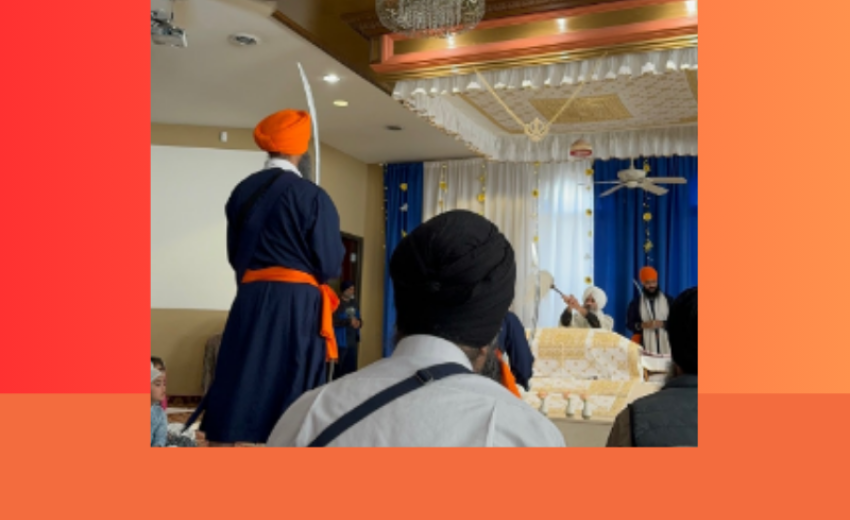In today's world, we categorize everything. Religions, ethnicities, ideologies – we box them in with labels, often missing the beauty that transcends these definitions. Although Sikhism is the 6th largest religion in the world, our vibrant minority often finds ourselves unseen, and our remarkable acts of compassion fail to make the headlines.
But beneath the turban, a symbol of faith and responsibility lies a powerful undercurrent – our endless commitment to Seva (Selfless service). Seva is the cornerstone of Sikhism, helping others and doing so without any expectation or recognition.
Harman Singh, a Sikh man in New Zealand. When a young child lay injured after being hit by a car, tradition dictated he keep his turban on. But Harman Singh did not hesitate. In a heartbeat, he tore off his Dastar, using it as a bandage to prevent the bleeding. In India, a similar story unfolded – two Sikhs, in the face of a life-or-death situation, threw their turbans as lifelines to save drowning teenagers. In the partition of 1947, when horrific violence erupted between different religions throughout India, hundreds and thousands of women were sexually harassed. Sikhs in return used their turbans to cover these women, even in the face of violence.
These aren't isolated incidents. They are mere glimpses of Seva that define the Sikh community.
But why the silence? Seva thrives in the low hum of service. We Sikhs are more at ease letting our good deeds speak for themselves.
This is not a Sikh versus the world. It's about tearing down the barriers of ignorance and finding the extraordinary in the ordinary. It's about recognizing the value of a rich custom that puts the needs of others above oneself, without the desire for recognition.
Sikhs are the quiet champions of humanity.


